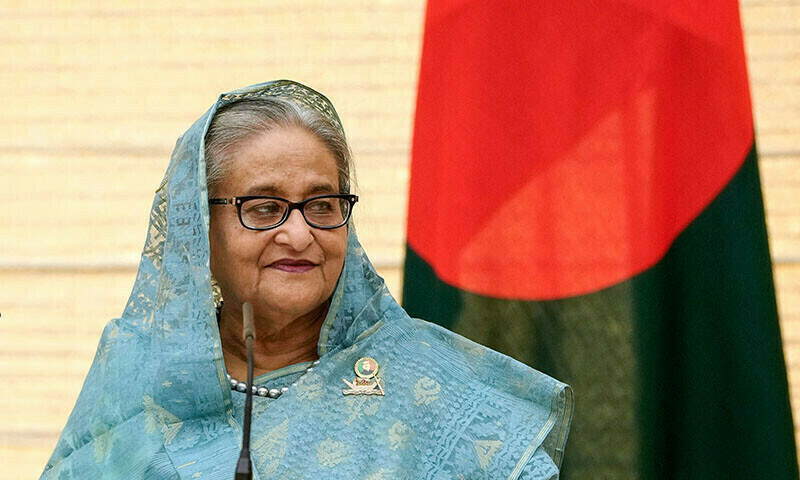According to recently released audio recordings, former Bangladeshi Prime Minister Sheikh Hasina is accused of orchestrating a bloody crackdown that killed many civilians. The recordings, which are being shared locally and globally, have rekindled public discussion about political leaders’ responsibility and state-sanctioned violence.
According to reports, the tapes show a voice that sounds like Hasina’s telling security personnel to “end the disruption by any means necessary.” Human rights groups and opposition leaders are incensed by this, arguing that the evidence suggests planned violence against demonstrators. However, forensic verification of the tapes is still pending, and no official legal proceedings have been initiated yet.
The ruling Awami League has vehemently refuted the accusations, claiming the tapes are a hoax intended to damage the government’s reputation. According to a spokeswoman, a “breakdown in discipline on the ground” rather than explicit directives from the top caused the terrible event in issue. The party also raised concerns about the leak’s timing, speculating about possible political motivations in advance of the next election.
Despite the denials, the controversy continues to dominate headlines across Bangladesh, raising serious concerns about civil liberties, press freedom, and the militarization of political disputes. Activists and analysts alike are calling for an impartial investigation into the origin and authenticity of the tapes, urging transparency in one of the country’s most contentious chapters in recent memory.





